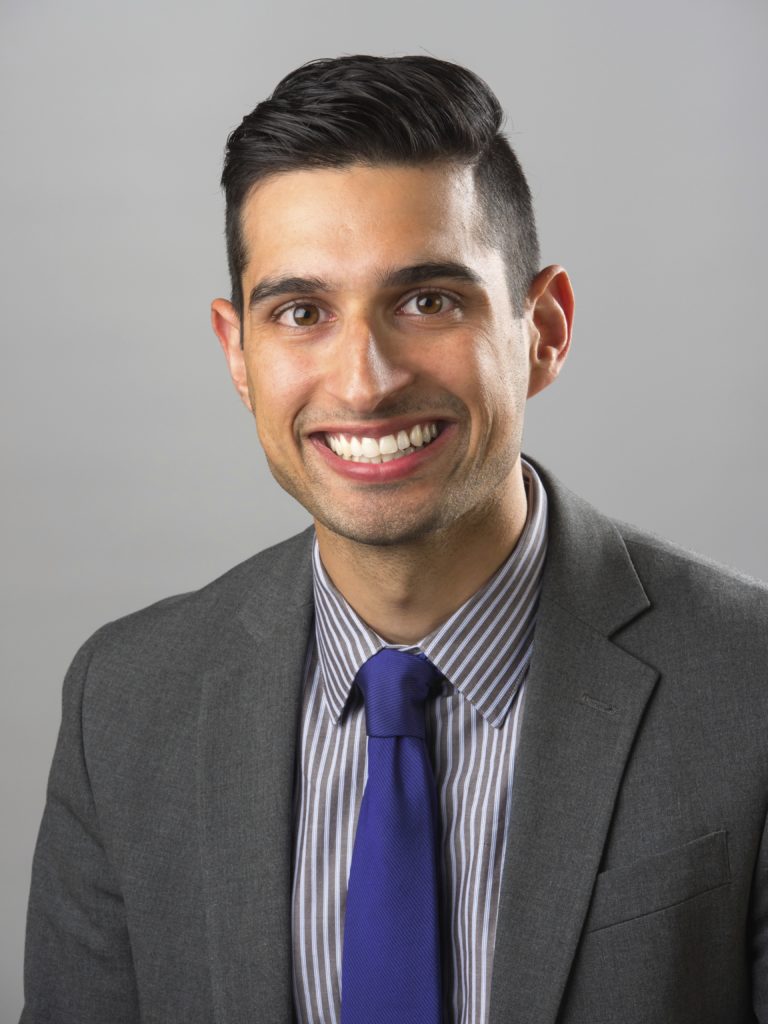On May 11, Texas-born Mithun Mansinghani will be among the first lawyers to argue a U.S. Supreme Court case from a far-removed location.
Mansinghani is the solicitor general of Oklahoma and will represent the state in McGirt v. Oklahoma, a momentous Indian law case that could have ramifications for Texas and other states that include long-ago tribal reservations.
Mansinghani was scheduled to argue at the high court in Washington on April 21, but the McGirt case, like many others, was postponed as the court shut its doors to the public in March because of the coronavirus pandemic. On April 13, the justices assigned 10 of the pending arguments to dates in May, including Mansinghani’s.

As they did so, the justices took the unprecedented step of ordering that arguments would be conducted by teleconference, with lawyers and justices participating from locations other than the courtroom itself. Another surprise: the conferenced audio will be broadcast live by C-SPAN and other media outlets.
So Mansinghani will be at his office in Oklahoma City for his argument. And his parents, who were going to attend his argument in Washington on April, will instead be listening in from their home in McAllen, Texas.
Mansinghani, 32, was born in McAllen after his parents emigrated to Texas from India. He grew up in McAllen and received his undergraduate degree at Rice University. He went on to Harvard Law School and was editor of the Harvard Law Review. He returned to Houston to clerk for Judge Jerry Smith of the U.S. Court of Appeals for the Fifth Circuit
With that career path, his next step could have been a clerkship at the Supreme Court, but as Mansinghani put it in an interview, “the justices had a different idea.” He applied for a highly sought-after Supreme Court clerkships, but “it wasn’t in the cards for me.”
He practiced for a few years at Gibson, Dunn & Crutcher in its Washington D.C. office, where he had been a summer associate while at law school. But he decided to go into public service and considered several options in Texas. But in 2015, an offer from Oklahoma to become deputy solicitor general office turned out to be the best fit. “I decided that a state SG’s office was where I could probably contribute the most,” In 2017, he was promoted to the position of solicitor general.
“The governance of half of my entire state is at issue.”
Mansinghani has been “second-chair” for two Supreme Court cases, but the McGirt case will be his first high court oral argument. He has had recent experience with teleconferencing, defending Oklahoma’s temporary ban on abortions before a federal district court. “It was one judge, not nine,” Mansinghani said. “There were a few hiccups here and there, but it went fairly smoothly.”
The McGirt case is vitally important to Oklahoma’s legal system. “The governance of half of my entire state is at issue,” Mansinghani said. At issue is whether the eastern half of Oklahoma should be regarded as tribal reservation land for the Creek Nation.
Jimcy McGirt, a tribal member, was convicted under state law for raping a Seminole girl in Tulsa in 1996. Jenner & Block lawyer Ian Gershengorn, a former acting U.S. solicitor general, argues on behalf of McGirth that Tulsa and environs are tribal lands, and therefore the federal government, not the state, has jurisdiction. Oklahoma asserts that state history and congressional enactments for the Creek Nation’s former territory prove that McGirt is wrong.
“We are in a state of limbo where the longer this persists, the worse the problem gets,” Mansinghani said. “If half the state is comprised of reservation land, then the federal courts have jurisdiction over criminal offenses involving Native American tribal members that are either defendant or victim or both. But if not, then the state has jurisdiction. Somebody’s got to prosecute, and all of those prosecutions are happening under a cloud.”
Texas joined Kansas, Louisiana, Montana and Nebraska in filing a brief in support of Oklahoma. A win for McGirt, the brief asserts, would “upend more than a century of settled expectations of state, tribal, and federal jurisdiction.” The states also agreed that the outcome of the case could affect “civil legislative, regulatory, and adjudicatory jurisdiction in important areas such as taxation, economic development, energy, public health, and environmental regulation.”
